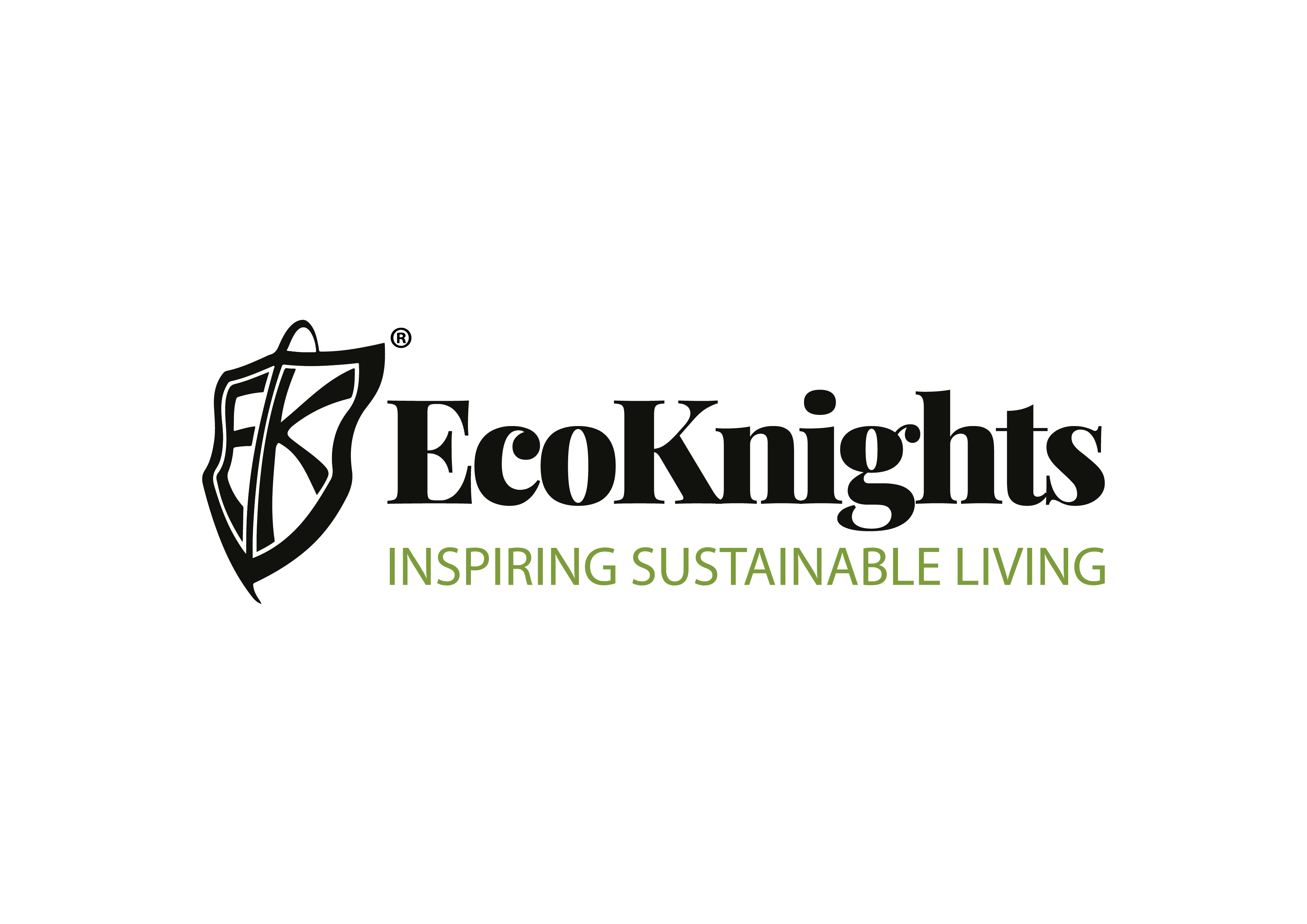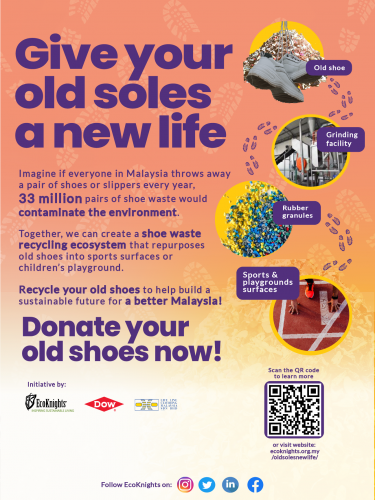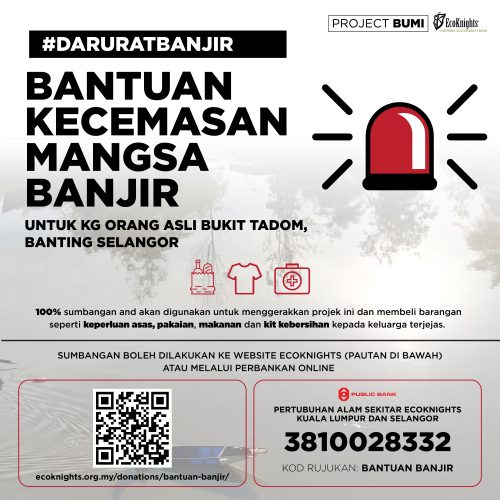6 Steps on How We Can Stop “Wasting” Away At Home during Ramadan
- EcoKnights
- April 24, 2020
- 10:27 am
Content contributed by Jessica Goh, Alyaa Hagir, Faradipa and Nadia Zul Hisham | Designed by Nasuha Layli and Nurmila | Produced by Mark Prakash and Zoe Kuek
Happy Ramadan everyone! Until recently, Malaysia has already undergone three phases of the Movement Control Order (MCO). This can be a time to rest and recuperate. However, the downside to this is that people may succumb to laziness and waste away precious time. Therefore, you may ask this question: How can we stop wasting away time by doing something valuable at home? Before we answer this question, do you know that apart from wasting time, we are also often wasting our resources and producing tons of household waste, especially during Ramadan? Can you imagine what would happen if we were trapped indoors with all the waste we produce without being able to dispose of them during this MCO? To save us all, here are six easy steps on how we can stop ”wasting” away at home by learning to reduce our waste.
Step 1: Get to know your trash
Due to the MCO, food vendors have started to create online Ramadan bazaars where people can order Ramadan dishes through the internet. This is undoubtedly a great effort but the dishes will most probably still be delivered in plastic packaging. Therefore, getting to know the components of your household waste helps a lot in recycling and disposing of them correctly. For example, a paper cup may seem recyclable. However, it is actually coated in plastic to make it waterproof and thus, cannot be broken down easily for recycling. Therefore, do be sure of the make-up of your household waste to prevent mistakes.
To learn more about what you can and can’t recycle, visit https://www.icycle-global.com/

Step 2: Start composting
It is pretty normal to end up with leftover food during Ramadan, but you don’t have to throw them all away! Instead, these leftovers are great as starting materials for composting. Similarly, organic waste from cooking or iftar preparation such as eggshells, fruit peels, vegetable stalks and coffee filters can also be used for composting. Composting is a fun and engaging activity which can be done with your family to reduce waste as well as deliver bountiful benefits to your backyard.
Collecting scraps for composting doesn’t necessarily have to happen in your kitchen, you can start from anywhere in your house! For more information, visit https://www.thedailygardener.com/things-you-can-compost

Step 3: Get your bills online
Do you know that roughly 80,000 to 160,000 trees are cut down each day worldwide, a percentage of which is then turned into paper (Kiprop, 2018)? Nowadays, with the internet connecting everyone, it is far easier to pay bills online instead of the traditional route: paper mail. You can even pay bills using eWallets such as Boost or Touch N’ Go. With just one click of a button, you will be able to get monthly online bills and reduce paper waste. Imagine if each Malaysian saved one paper every month, that’s millions of paper saved in just one year!

Step 4: Buy In Bulk
With the MCO and Ramadan occurring simultaneously, we are faced with the problem of having a lot to purchase while being under movement restriction. So, what can we do to solve this? The simple answer is to buy in bulk. Not only does buying in bulk reduce travel time, which further helps reduce CO2 emissions, but packaging waste can also be reduced. These days, many conscientious grocery stores and farmers’ markets, such as The Hive, provide waste-free bulk bins for all types of non-perishable foods. Some places even offer stations for refilling your toiletries. Be sure to remember those reusable bags and jars when you shop!

Step 5: Appreciate Repurposed Items
Repurposing used items has become a trend these days and it’s a great way to make the most of the resources we already have. Nowadays, we’re able to buy furniture made from pallets, bags made from old t-shirts, and even jewellery made from recycled paper! At home, we can also ride the repurposing wave. As we all know, we will be celebrating Eid after Ramadan, thus will be carrying out Eid preparation such as decorating the house. It is an exciting thing to do but we need to be mindful in creating decorations that are more eco-friendly. For example, we can learn how to repurpose items to create quirky Ramadan decorations such as using plastic bottles and LED lights to make chandeliers. In fact, we can say that our ancestors hopped on this trend long ago when they started using bamboo to make decorative lamps during the festive season! While we aren’t all talented crafters, we can make use of old glass jars as storage containers or egg cartons as seed starters. The point is to recognize the potential in reusing what we already have.

Step 6: Choose Natural Alternatives
Buying all-natural items can help a great deal in decreasing our overall trash output and living a plastic-free life. For example, we can make zero-waste products by using potted real flower plants rather than fake ones, or choosing products wrapped in paper rather than plastic packaging. Sticking to tradition, think of how eco-friendly our local cuisine actually is with the ketupat being wrapped in palm leaves and lemang cooked in bamboo. Doing this also ensures that the items we use are ethically and sustainably sourced. Natural products are less harmful to our ecosystem and produce organic instead of synthetic waste. While we opt for organic materials, we have the option of putting them in a compost bin rather than sending them off to a landfill, which relates back to Step 2.
It is important to use this period and time to reflect on our current lifestyle. How do we end up with all the trash that we have? Where does it come from? What do we throw out? When we know this, it will be easier to refuse, reduce and reuse. With time and a great deal of dedication, we can significantly reduce our carbon footprint on the planet by making better decisions on where we buy our food and supplies and how we dispose of our trash. Some may argue that the efforts of one individual will not make a big difference in the entire scheme of things. But when you really think about it, isn’t it infinitely better than not making any effort at all? So, let’s all make that daily decision to help protect Mother Earth starting with these six easy steps and may this Ramadan be a greener month for us all!
Share this content







